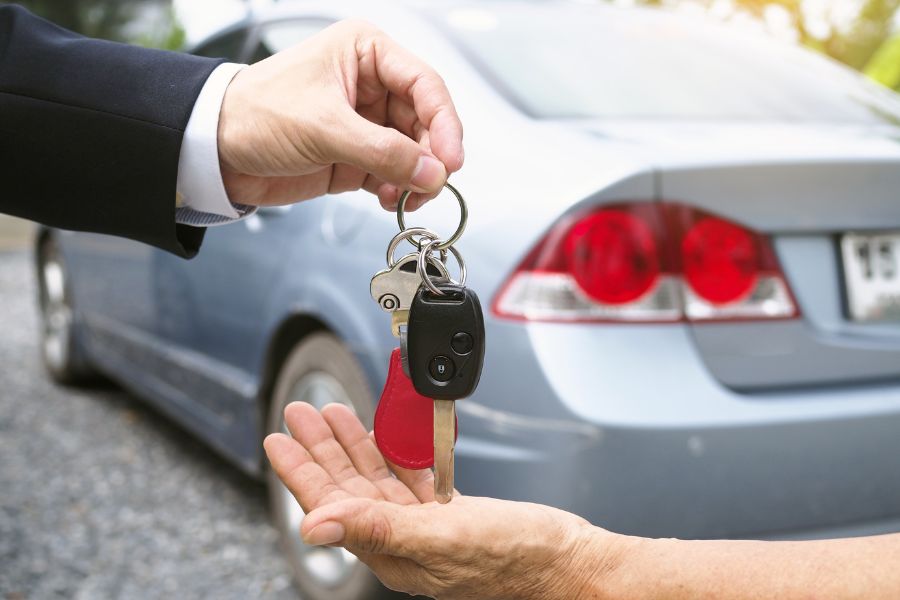“Lemon” isn’t just a sour yellow fruit: it’s a description of a defective product. When it comes to automobiles, most people think of used cars as the most likely to turn out to be “lemons.” The truth is new cars can be lemons too.

All 50 states have “lemon laws” that provide legal relief to buyers of new cars, but only seven states (CT, CA, MA, MN, NJ, NM, & NY) have lemon laws covering used cars. If a state’s lemon law doesn’t specifically exclude used cars, you may have a remedy, but usually for cars still under warranty. That’s why you should know your state’s lemon law before you buy a car.
Please note that this article is for general information purposes only and isn’t intended as legal advice. To learn more about what your state’s lemon law means and how it may impact you, consult an attorney.
What Do Lemon Laws Do?
Lemon laws provide a remedy for consumers who buy a defective car. If the car is still under warranty and meets the standard for being a “lemon” under your state’s law, you are entitled to a refund or replacement. You must notify the manufacturer of the defect in writing, and document the problem and the number of times you’ve tried to get it repaired. Be sure to keep records of every repair attempt.
The manufacturer will offer a refund or a replacement, or they’ll ask for arbitration, which is a dispute settlement process where an independent “arbiter” hears both sides of the story and imposes a solution that is binding on both parties.
If the car company asks for arbitration, it’s wise to consult an attorney familiar with business contract disputes, deceptive trade practices, or product liability to help you present your side of the story. In the Texas panhandle, contact the Northern Law firm for advice. In other states, local bar associations may list attorneys who handle such matters. You may also seek referrals from lawyers you already know.
How Bad Does It Have To Be?
Every state’s laws will define “lemon” differently, but generally, a “substantial” defect must appear while the car is still under warranty, and you must have exhausted all “reasonable repair” efforts.
The catches to this are proving the defect is “substantial” and defining “reasonable.” Some states define “reasonable” as four attempts to fix an identical defect or a set number of days the car has been unavailable to you.
“Substantial” means a defect that affects the car’s use, safety, or value. Think of things like brakes, steering, or an engine that spontaneously stops running.
What Do You Do if You Have a Lemon?
If you believe your vehicle qualifies as a lemon, write to the manufacturer informing them of the defect. If you don’t feel confident about writing a letter like that, seek legal advice. A letter that comes from an attorney might get more immediate attention. Don’t expect to get a refund or replacement right away; arbitration can take months to reach a conclusion. If you don’t get any response at all from the car company, your lawyer will advise you about filing a lawsuit.
Related Posts: